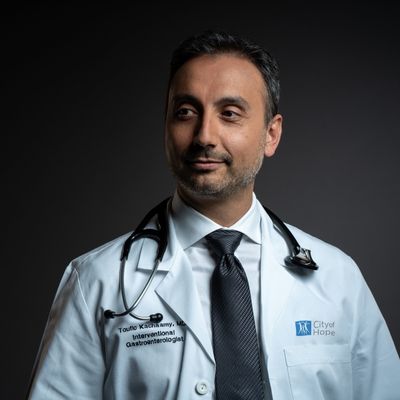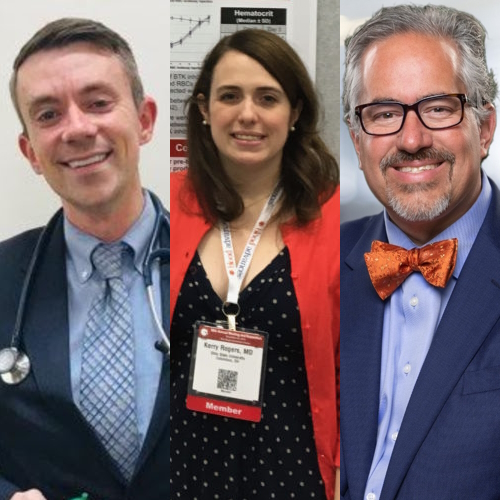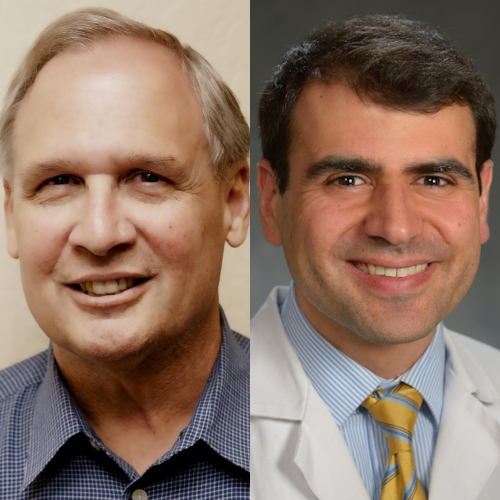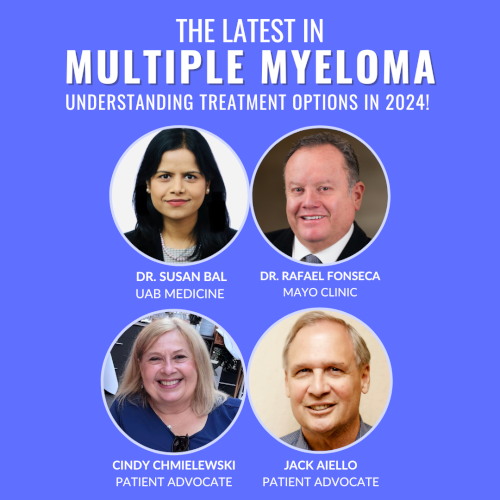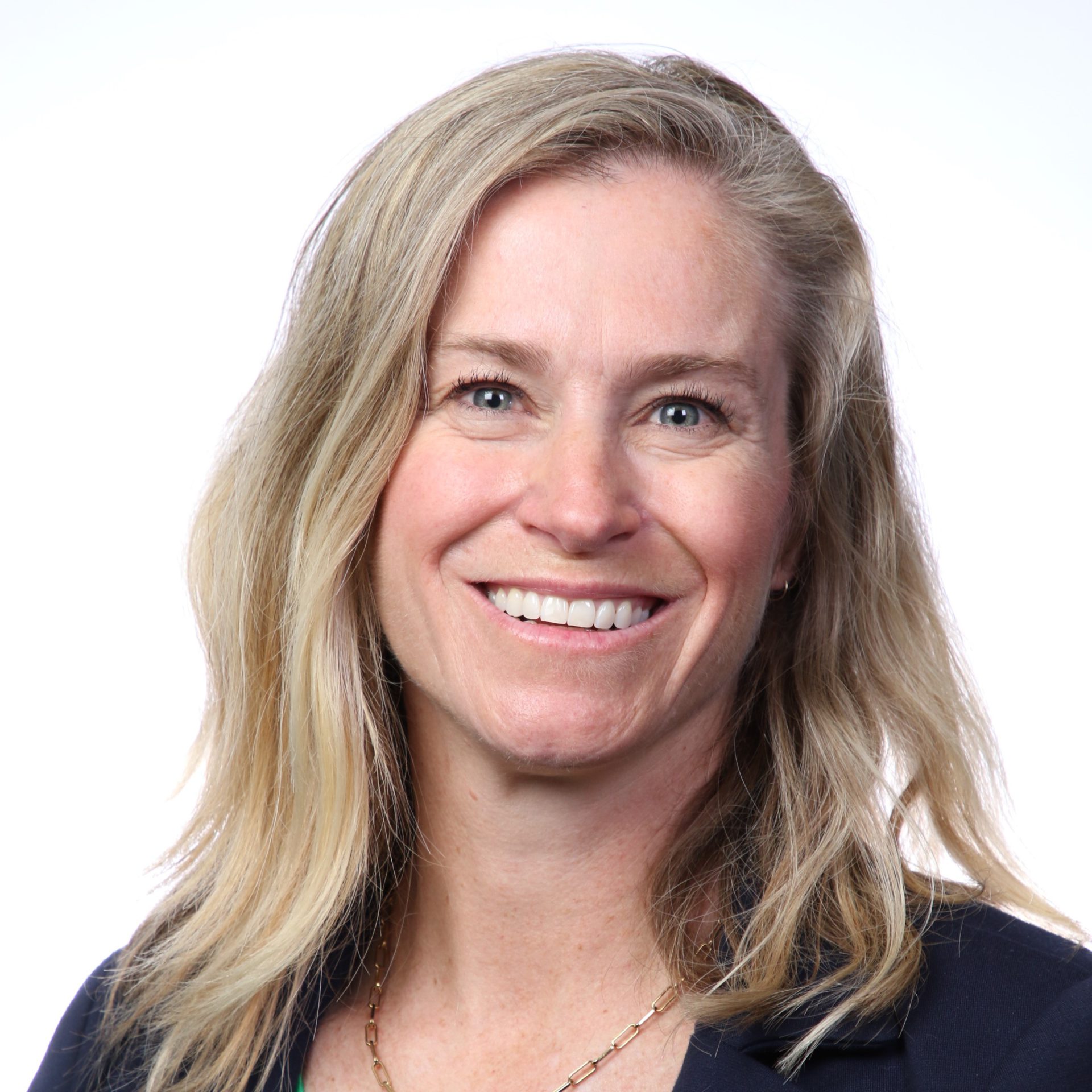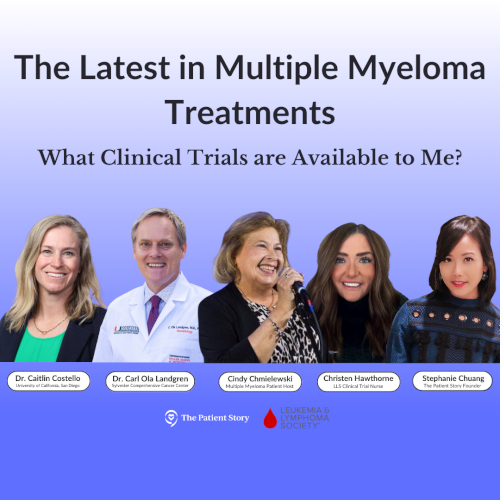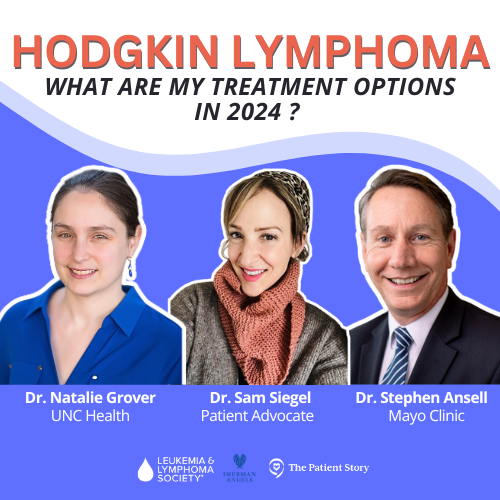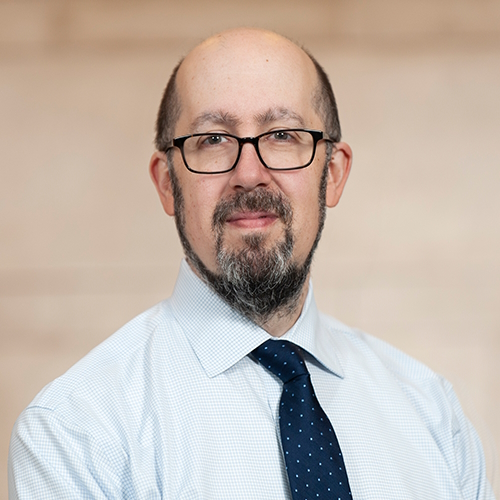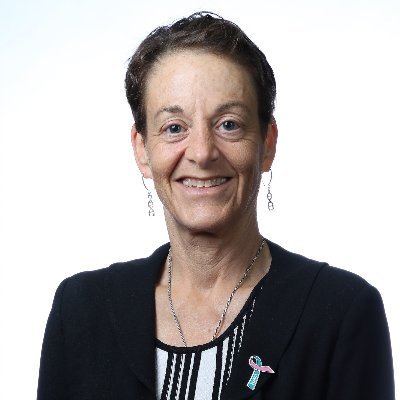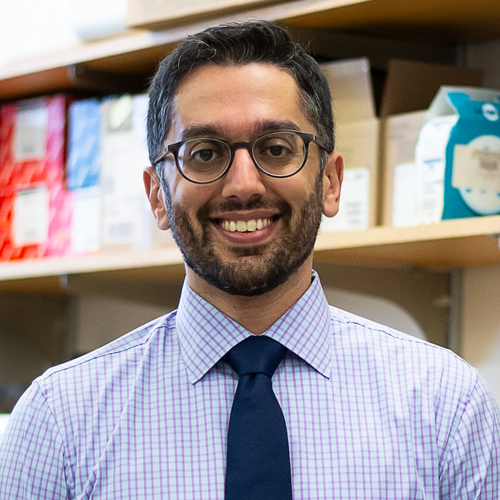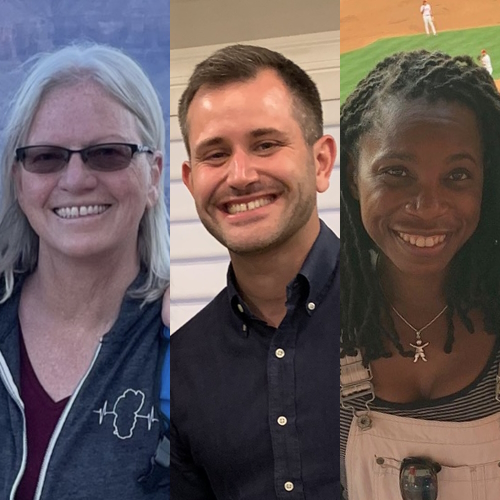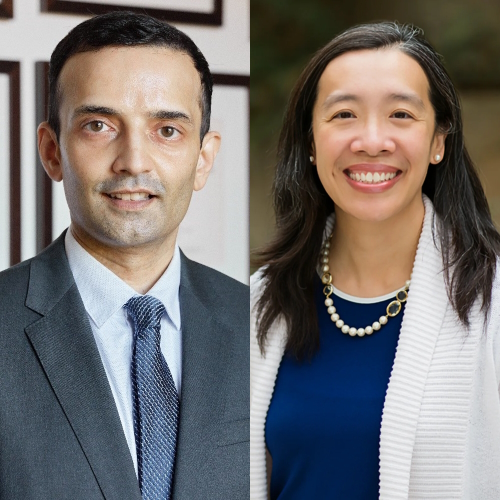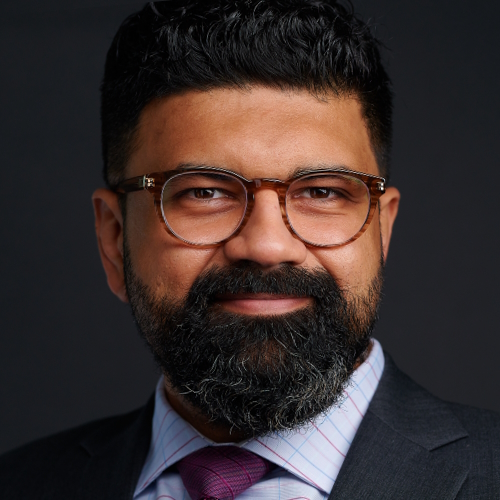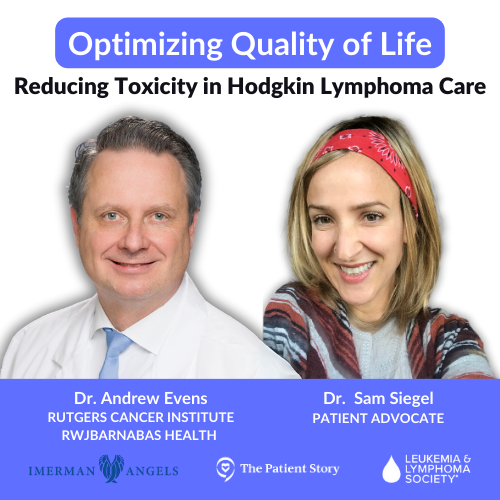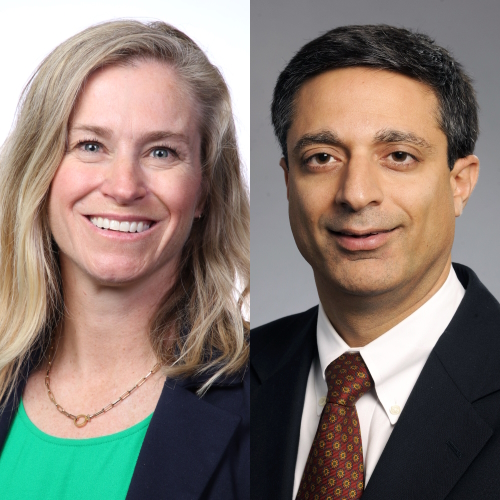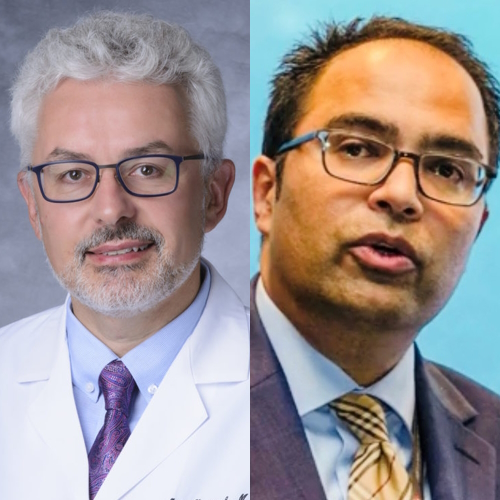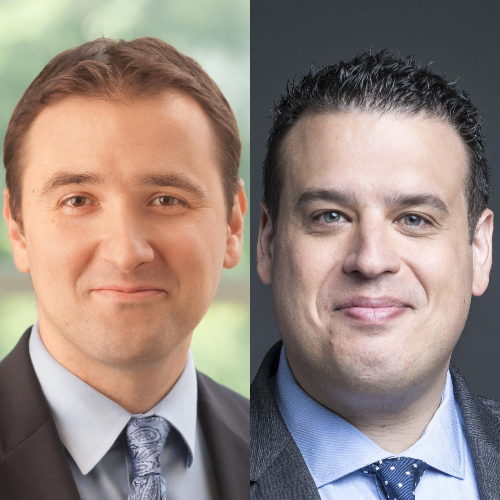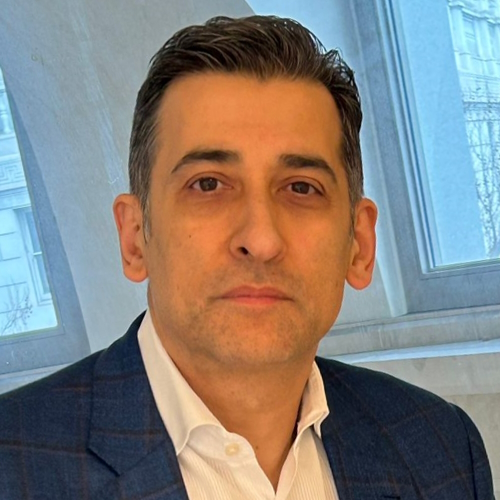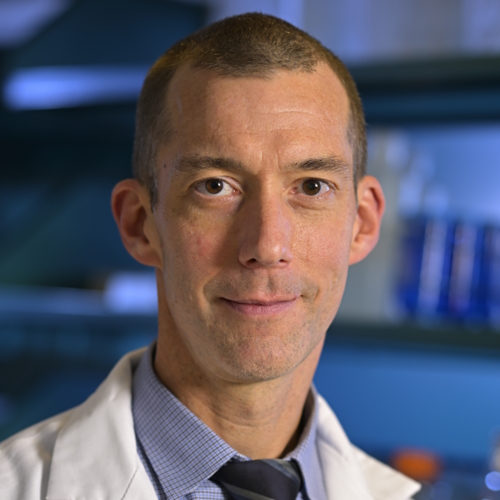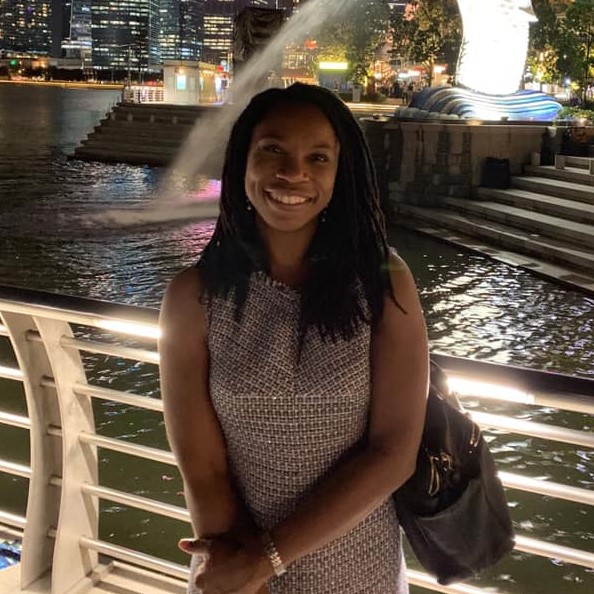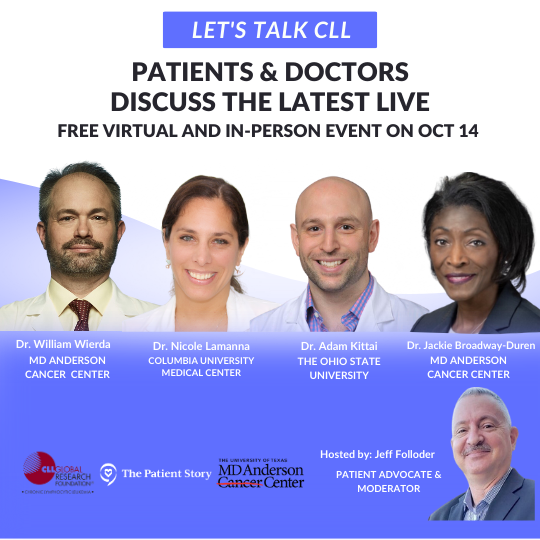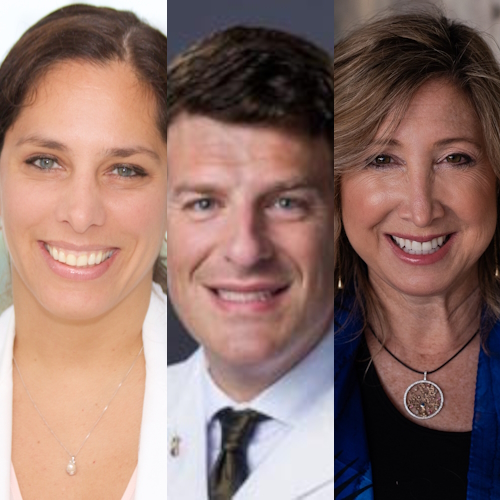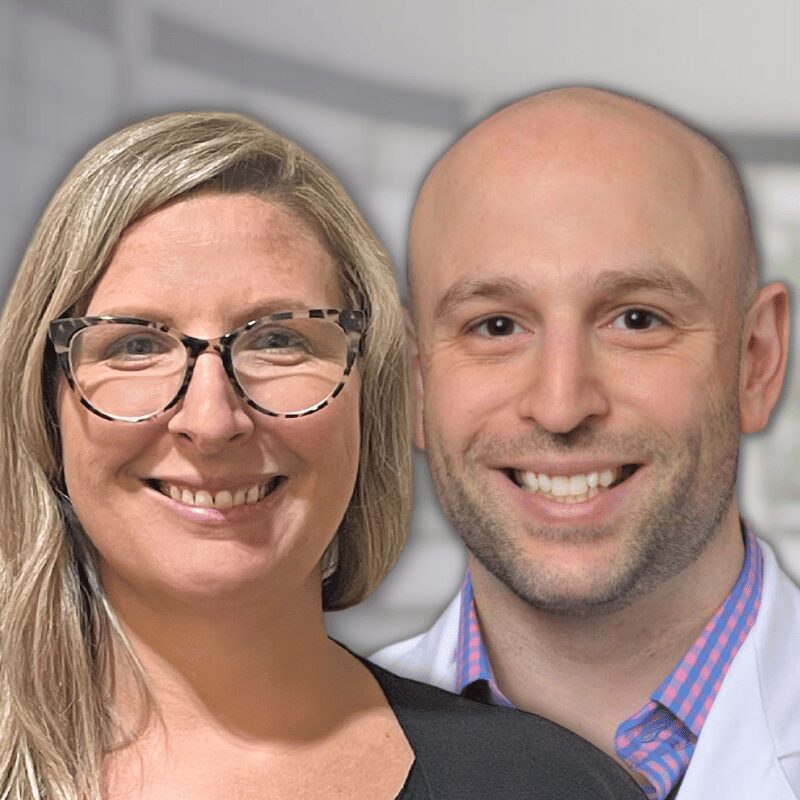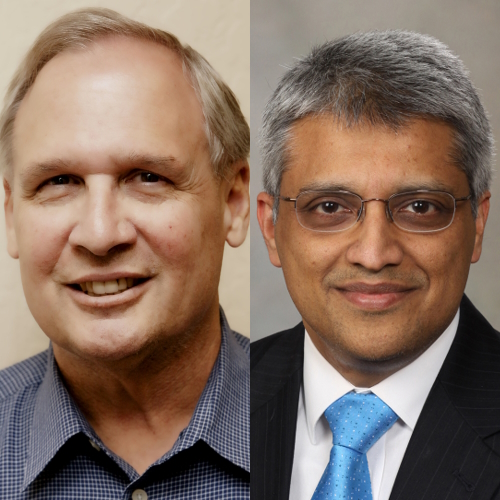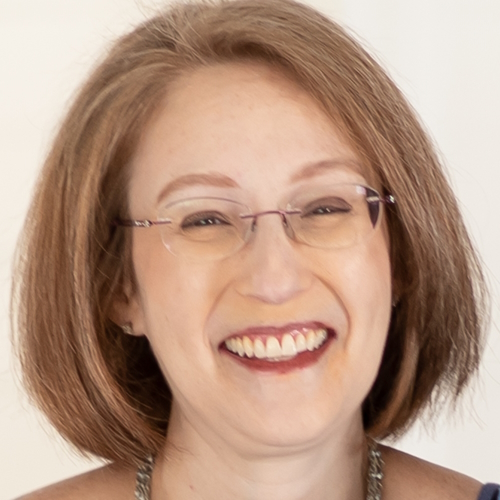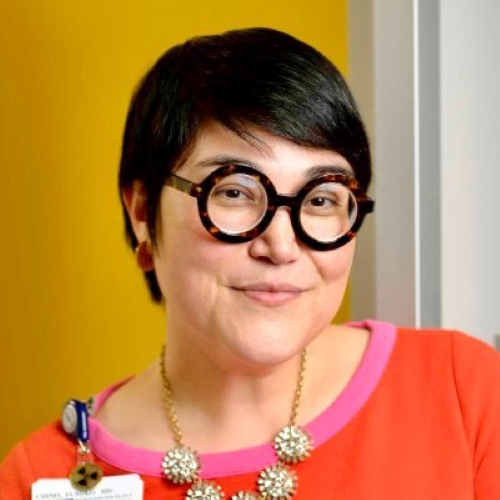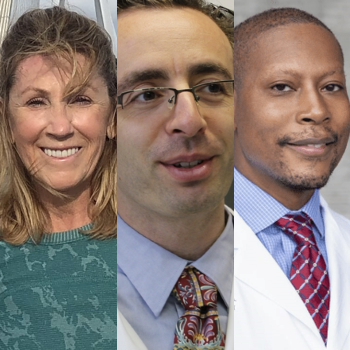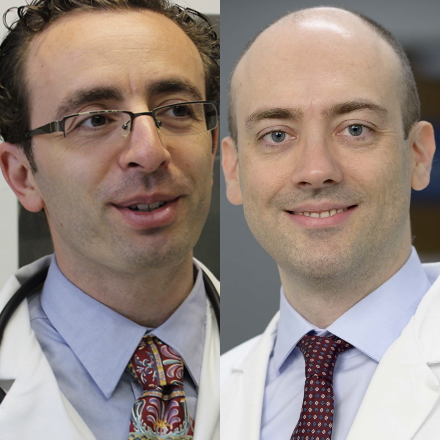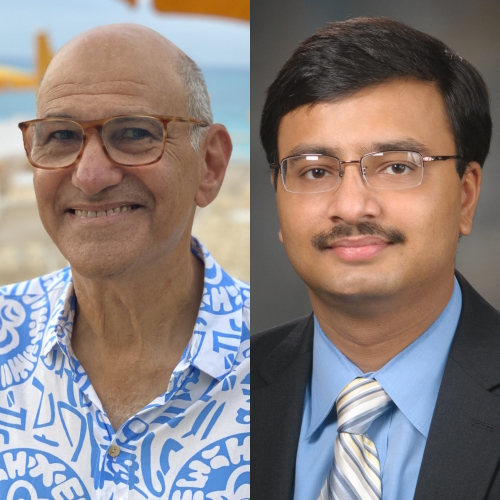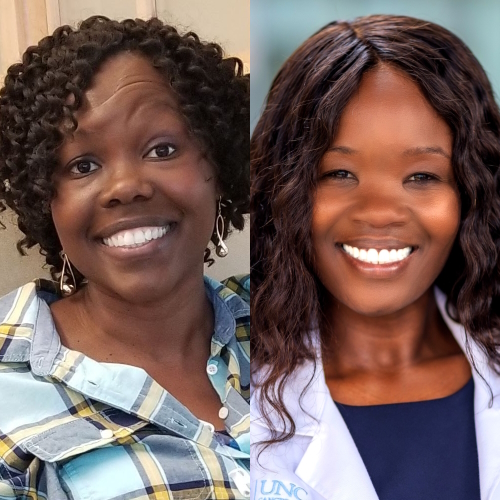Why is Colorectal Cancer Increasing in Young Adults?
A top gastroenterologist explains warning signs, causes and possible prevention
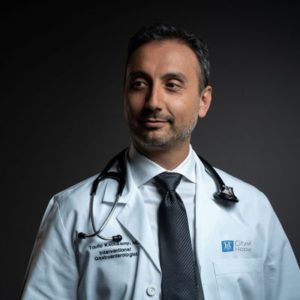
Colon cancer is quickly becoming the number one cancer killer in young adults. An alarming rate of young people are being diagnosed with colorectal cancer according to a new report by the American Cancer Society. An estimated 153,000 will be diagnosed with colorectal cancer in 2023.
To better understand the causes for the sharp increase and ways to protect against colorectal cancer, we spoke to Dr. Toufic Kachaamy, Chief of Medicine and Director of Gastroenterology at City of Hope, Phoenix.
This interview has been edited for length and clarity. This is not medical advice. Please consult with your healthcare provider for treatment decisions.
- Is colorectal cancer on the rise among young people?
- Why is colorectal cancer increasing in young adults?
- What helps prevent colorectal cancer?
- How can we make lifestyle changes to help prevent colorectal cancer?
- How does family medical history and genetics play a role in colorectal cancer prevention?
- What are the signs of colorectal cancer?
Is colorectal cancer on the rise among young people?
Dr. Toufic Kachaamy: New cases of colorectal cancer are actually declining, but that’s not the case with younger people. When you look at the younger population, it’s a completely different story. Over the last one to two decades, there have been year-over-year increases in colorectal cancer, especially rectal cancer, in young adults. In folks [who] are younger than 45, there has been a around 2.2% increase.
Why is colorectal cancer increasing in young adults?
Dr. Toufic Kachaamy: The short answer is we are not sure. I can give you my personal opinion. This is one of the signs we’re seeing, and what we’re doing is not working for us as a species. There’s a price to pay. You might not see it today. But you’re going to see it eventually. Just living an unhealthy lifestyle has consequences. We have a lot of information available on what’s good for us. But we’re not using that information, you know, So make it a part of your life.
What helps prevent colorectal cancer?
Dr. Toufic Kachaamy: What we think is good for your heart is also good for your colon. So a diet high in fruits and vegetables, low and processed meat, and probably low in red meat is the best for us. But our diet is going in the opposite direction. People don’t sit down to have a good meal. It’s always on the go. [Some food] has a lot of preservatives and that’s one component. I see rectal cancer in young adults as the canary in the coal mine. Our lifestyle is catching up to us.
How can we make lifestyle changes to help prevent colorectal cancer?
[For me], instead of grabbing a sandwich, I spend my time with my wife cooking the night before so we can have a fresh meal. That’s time we spend together doing it. And slowly, if you add small lifestyle changes, these are sustainable over the long run and they become habits. Once they’re habits, they’re easier to maintain. And the third is to use the current resources we have to help yourself get better.
How does family medical history and genetics play a role in colorectal cancer prevention?
Dr. Toufic Kachaamy: Family history is often neglected. We’re a very private society and very few people share. A high-risk [colon] polyp has certain features and characteristics that we know have a high chance of turning into cancer. When we endoscopists remove that polyp, we prevent cancer. Great, but we don’t tell the family members that you are at increased risk. You are at increased risk of cancer and you need to get your screening 10 years earlier. We haven’t changed the genes. We prevented the cancer in a father, but their kids still need to be screened 10 years earlier. We think around 30% of these premature cancers can be detected this way if we pay better attention to the risk factors and their family history. So that’s the gap in our current care that we need to fix.
What are the signs of colorectal cancer?
Dr. Toufic Kachaamy: Any blood in the stool is a reason to be [concerned]. It doesn’t mean you have cancer. But for the small chance that you might have cancer. You want to find that early. These would be the most important things to watch out for and seek an evaluation for versus putting it on the back burner.
